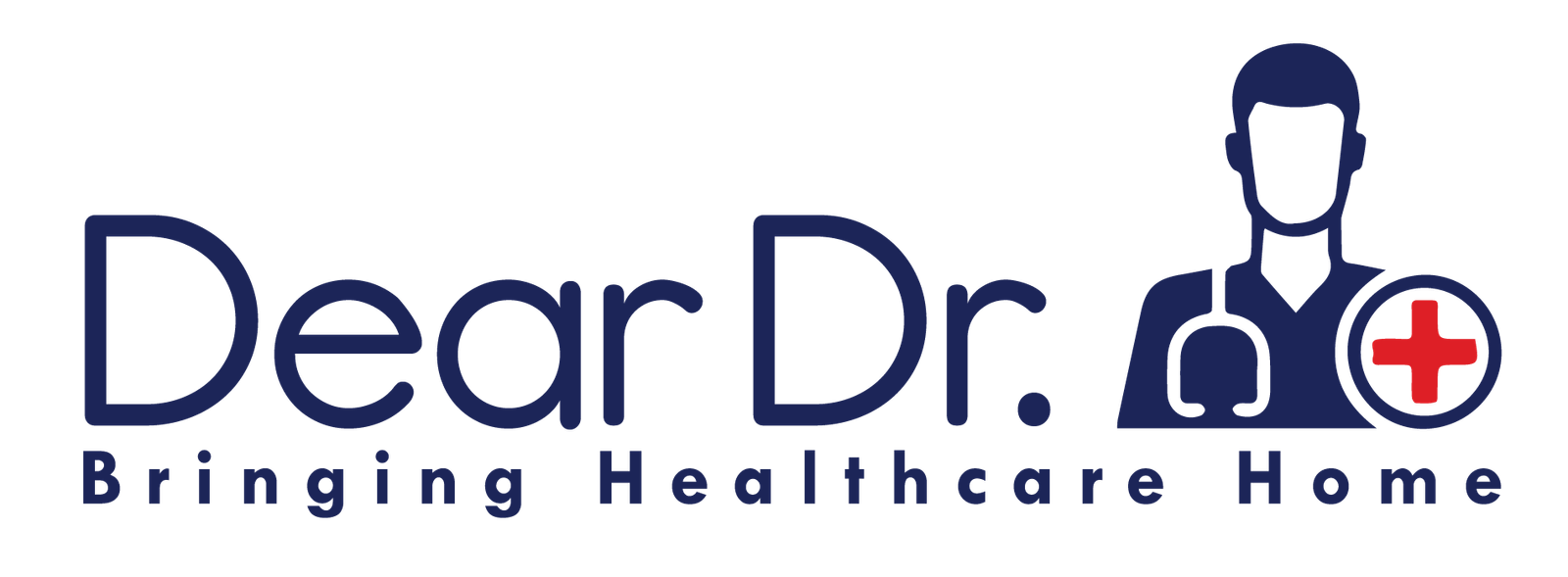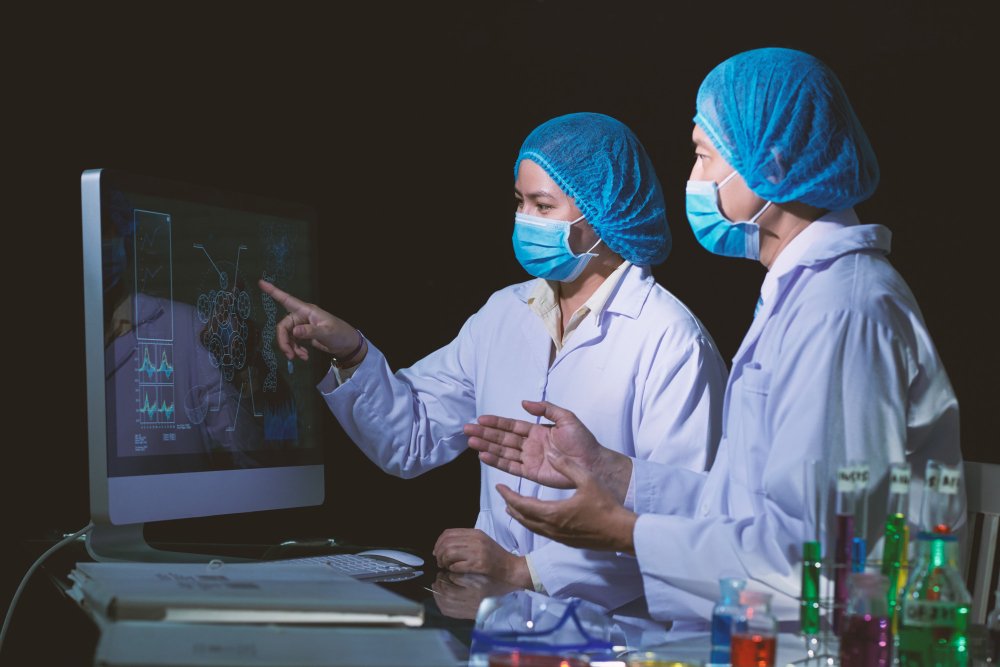Innovations in Medical Services: How Modern Doctors Are Transforming Patient Care
Introduction: The healthcare industry is undergoing a transformation, driven by technological advancements and a focus on patient-centric care. Modern doctors are at the forefront of this change, offering innovative services that enhance the patient experience and improve health outcomes. This blog explores some of the recent developments in medical services provided by doctors, highlighting how these innovations are making healthcare more accessible, efficient, and personalized.
Telemedicine: Breaking Down Barriers to Access One of the most significant advancements in recent years is the rise of telemedicine. This service allows doctors to provide consultations, diagnoses, and treatment plans via video calls, phone calls, or online messaging. Telemedicine has proven especially valuable during the COVID-19 pandemic, enabling patients to receive care without leaving their homes. It’s also a boon for those in remote or underserved areas, breaking down geographical barriers and making healthcare more accessible.
Home-Based Medical Services: Convenience and Comfort Doctor Home Visits are becoming increasingly popular, bringing medical care directly to patients’ homes. Services such as home consultations, exams, and treatments reduce the need for patients to travel to medical facilities, particularly benefiting the elderly and those with chronic conditions. This approach not only provides convenience but also enhances the comfort and well-being of patients by allowing them to receive care in a familiar environment.
Personalized Medicine: Tailoring Treatment to Individuals Advances in genomics and biotechnology are paving the way for personalized medicine. Doctors can now use genetic information to tailor treatments to individual patients, ensuring more effective and targeted care. This approach is revolutionizing fields such as oncology, where personalized treatments can significantly improve outcomes for cancer patients. Personalized medicine represents a shift from a one-size-fits-all model to a more customized and precise approach to healthcare.
Integrated Health Services: Holistic Care for Better Outcomes Modern doctors are increasingly adopting an integrated approach to healthcare, combining various services to provide holistic care. For instance, practices that offer a combination of primary care, mental health services, and specialist consultations in one location streamline the patient experience and improve care coordination. This integrated model ensures that all aspects of a patient’s health are addressed, leading to better overall outcomes.
AI and Big Data: Enhancing Diagnostic Accuracy Artificial Intelligence (AI) and big data are transforming the diagnostic process. AI algorithms can analyze vast amounts of medical data to assist doctors in diagnosing diseases more accurately and quickly. For example, AI-powered imaging tools can detect anomalies in X-rays and MRIs with high precision, aiding in early detection of conditions such as cancer. These technologies enhance the diagnostic capabilities of doctors, leading to earlier interventions and better patient outcomes.
Mobile Health Apps: Empowering Patients Mobile health apps are empowering patients to take control of their health. These apps provide tools for monitoring vital signs, managing chronic conditions, scheduling appointments, and accessing medical records. Doctors can use data from these apps to monitor patient health remotely and provide timely interventions. Mobile health apps promote proactive health management, helping patients stay engaged in their care and make informed decisions about their health.
Enhanced Communication: Building Stronger Doctor-Patient Relationships Effective communication is at the heart of quality healthcare. Modern doctors are leveraging technology to improve communication with patients. Secure messaging platforms, patient portals, and telehealth services facilitate better interaction and information sharing. Enhanced communication ensures that patients are well-informed about their health, treatment options, and follow-up care, fostering stronger doctor-patient relationships and improving satisfaction.
Conclusion: The landscape of medical services is evolving rapidly, with modern doctors embracing innovative approaches to enhance patient care. From telemedicine and home-based services to personalized medicine and AI-driven diagnostics, these advancements are making healthcare more accessible, efficient, and personalized. As these trends continue to develop, patients can look forward to a future where medical care is more responsive to their needs and better equipped to improve health outcomes. Stay informed about these innovations and consider how they can benefit your healthcare journey with the support of forward-thinking medical professionals.



